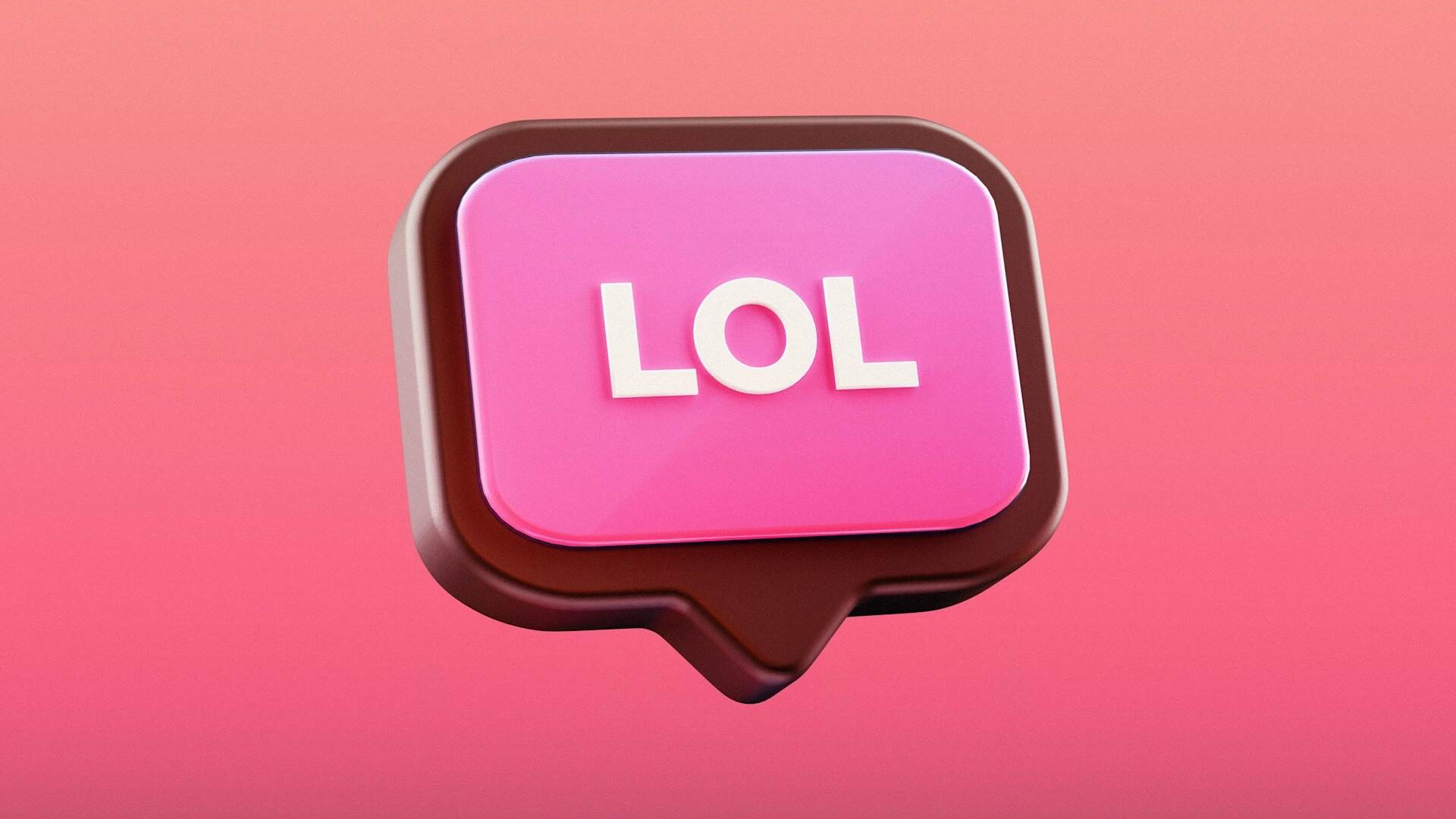- | 8:00 am
Millennials refuse to give up ‘lol’
Once merely shorthand for laughter, ‘lol’ has become a new flashpoint in the online generation wars.

Are you overly reliant on an emotional-support “lol” at the end of a text? Do you stop yourself from adding “lol” to work emails and Slack messages? Are you, by chance, a millennial?
Those three small letters have become the topic of a generational debate that has been dividing the internet in recent months. The conversation started earlier this year across X, Threads, and Reddit when one user suggested: “Millennials use “lol” like STOP at the end of a telegram lol.”
In the comments millennials quickly defended their favorite acronym. “What of it?” one wrote. “Hold steady lads,” another added. “In a culture that has taken everything from you, never let them strip you of your lols.”
The debate resurfaced on TikTok when creator Anna Gaddis backed the use of “lol” and its many functions. “Millennials invented the language so how about no one tells us anything,” one commenter wrote. “They will never erase our culture lol,” added another.
“LOL” entered the Oxford English Dictionary in 2011 (Merriam-Webster also lists it in all caps, noting that the all-lowercase version is considered a variant). Since then, its meaning has shifted from signaling laughter to acting as punctuation. “‘Lol’ is to millennials as ‘. . .’ is to boomers,” explained one X user. But it often does much more.
Some sentences need an “lol” at the beginning or end to set tone. Without the cues of expression, tone of voice, and body language, text can feel flat—or harsh. That’s where the three letters carry weight.
It can be hard to decipher whether the person you’re texting is joking or deadly serious, happy or mad. This is where the three little letters do the most heavy lifting.
For example: “I need to ask you something.” Aggressive, direct, anxiety-inducing.
Whereas, “I need to ask you something lol.” Lighthearted, curious, friendly.







































